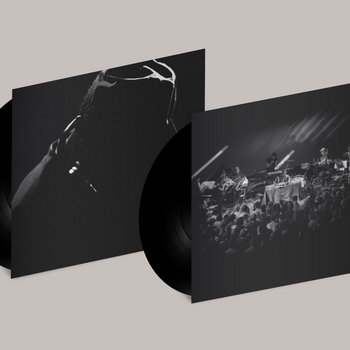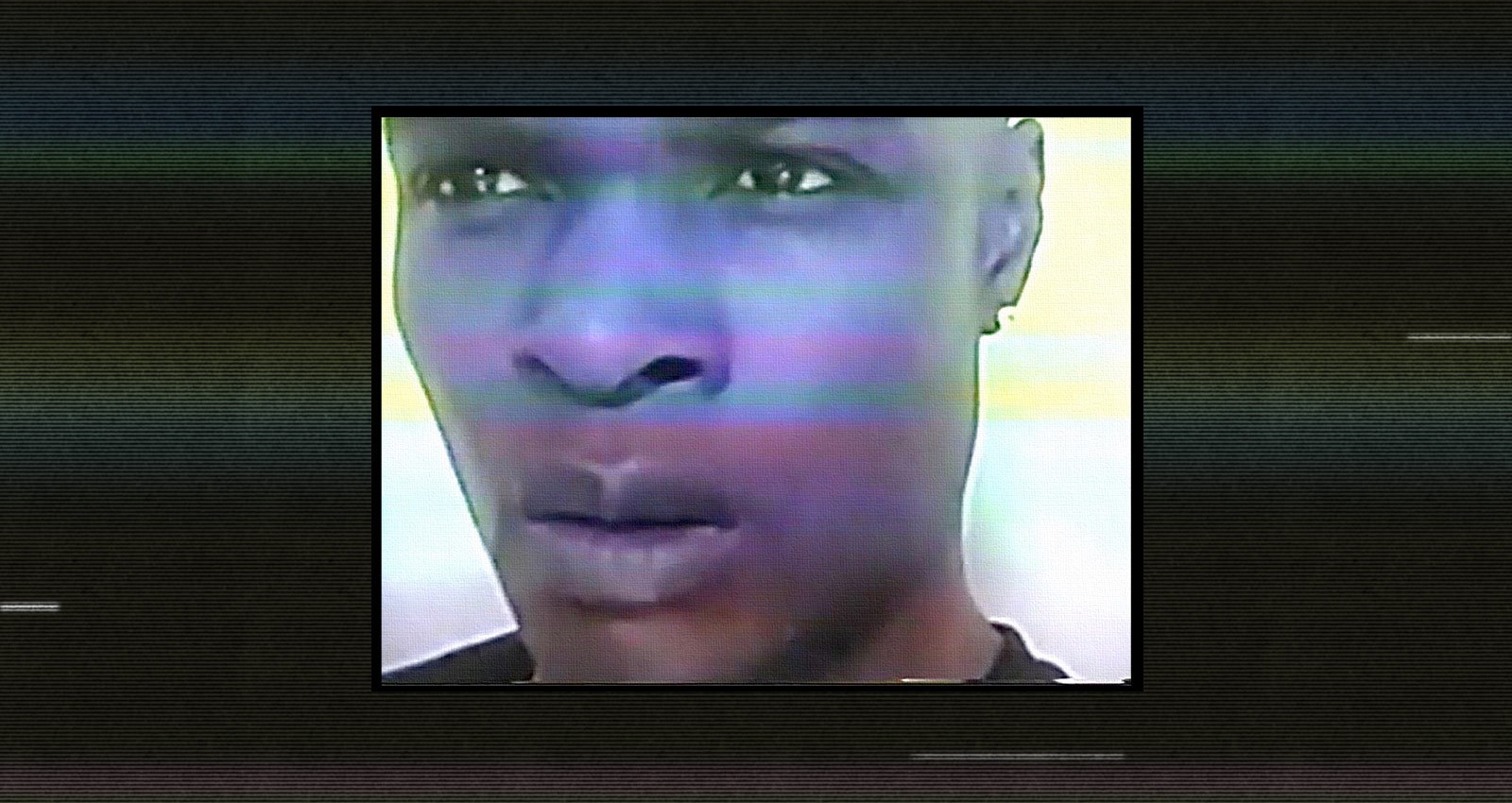
“I don’t really know how to describe it, sorry…” says Darren Cunningham, his voice trailing off. We’re talking about his new record, Karma & Desire, but we could just as well be discussing his entire career as Actress.
When Actress broke out in 2010 with the vivid, hyper-colored “R&B-concrète” of Splazsh, it was just as hard to describe the music he was making as it is today. Like almost anything electronic coming from the UK, it got filed under ‘post-dubstep’ heading. Yet any ground Cunningham shared with dubstep was emotional rather than stylistic: backseats of nightbuses; flickering streetlights; blissful, listless solitude. Even at its most colorful, his music is introverted and inward-focused. Rhythms and melodies collapse and fold in on themselves, like ghosts briefly summoned from within his machines.

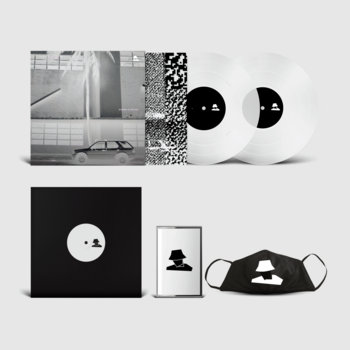
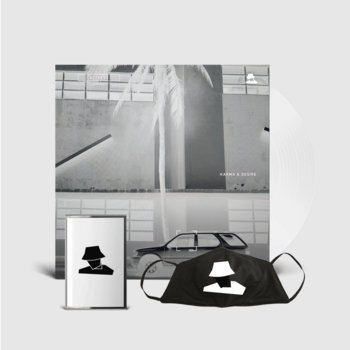
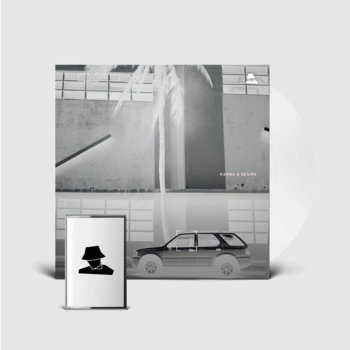
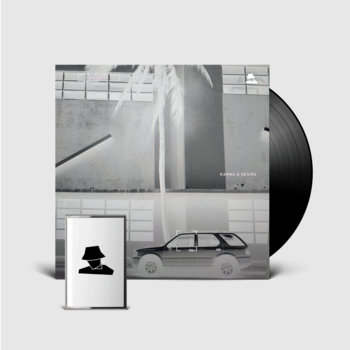



Vinyl LP, Compact Disc (CD)




On Karma and Desire, his seventh record, he breathes some life into these ghosts. If the album has a theme, it’s Cunningham’s latest preoccupation with “how voices might fit within the larger sphere of the music that I do.” He’s worked with vocals before—his records often feature snatches of distorted, chopped and screwed voices—but Karma and Desire is the first one to feature listed collaborators. “I just wanted to give Actress a voice, basically, to use vocal performances from, like, a muse perspective really.” It’s fitting that each contribution suggests a different possible face: A rogue AI, murmuring sweet ASMR nothings, provided by New York singer Zsela; a distant, android house diva from Aura T-09; London musician Sampha’s bare, open soul, exuding heartfelt honesty.

It shouldn’t be surprising that even when they’re vocal-driven, Actress’ songs have multiple personalities. Throughout any of his previous six records, you’ll hear echoes of countless genres—Detroit techno, classical, UK garage, musique concrète, acid house. But they’re always twisted, inverted, or presented maddeningly out of context. Musicians who work with deconstructed sound are often obsessed with the process, so that it becomes an end unto itself. Not so for Cunningham. He brushes off questions about influences: “Detroit…I always say the same things, Juan Atkins, Derrick May…”—suggesting he’s less interested in what he’s tearing down than in what he’s building.
Karma and Desire is probably Cunningham’s mellowest record to date, and “certainly the most contemplative album that I’ve released since [2012’s] R.I.P.” He went into the record wanting to explore “song concepts” and was interested in “challenging the idea of what a song is,” but he’s less sure of the result. “It’s still quite elusive though, they’re not really songs, do you know what I mean?” He shouldn’t worry. Whether or not it’s a record of ‘songs’, Karma and Desire feels warmer and more generous than anything he’s released to date, soothing and rewarding, even if it’s still haunted by those odd, alien atmospheres.






Vinyl LP, Compact Disc (CD)




Of course, each of his records has had a distinct character: deep-space existentialism (R.I.P), smudged inner-city sketches (Ghettoville), hyperreal imagined futures (AZD). He’s spoken in the past about how his records reflect his direct environment at any given moment. “What an album always represents to me is, like, the beginning and the closing of a chapter, or a particular era or period.” He’s clearly a consummate observer, not just of his surroundings but also of his own creative process. “I’m always trying to process everything, and then when I get the opportunity to actually find a sound, find an instrument that says something to me, then it goes into the music.”
Building worlds, observing, processing—these are words that are just as connected to art writ large as they are to music. Cunningham cops to the connection. “I’ve always attempted to make music which is quite evocative, or deep on a level which resonates with me, as a Rothko painting is meant to resonate with a viewer when they sit there and immerse themselves in the contrasts,” he says.

And like any good artist, Cunningham understands the value of spectacle. His albums are as much events as they are products, I suggest. “I’m glad you noticed that,” he replies. Karma and Desire is released off the back of a typically opaque, mystery-shrouded promotional campaign featuring cryptic websites, clues buried deep in HTML code, and a hotline you could dial to hear the entire record in full. Whilst “It’s definitely my creative vision,” full credit needs to be shared with his team and label, he insists.
As much as he has a clear aesthetic vision, he’s still loath to describe what this record, or any of his others, might be about. Music, he says, unlike film, is abstract rather than direct. “What’s within, that’s largely up to the audience.” So how does he want people to listen to it? “I mean, I made it, so, however people wanna consume it, on shitloads of drugs, on LSD or whatever… I hope people just listen to it in their own space and in the way that they want to experience it, you know what I mean. I’m happy enough with that.”
Hazyville
Compact Disc (CD)
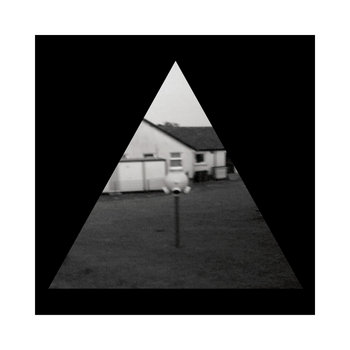
Hazyville is Actress at his rawest, but there’s little in the way of the usual debut record naïveté on display. Released on his own Werk Discs label in 2008, it’s the sound of Detroit being fed through Cunningham’s already developed aesthetic. Sounds blur and smudge, submerged beneath a fog of weed-smoke-thick distortion (hence the title). It also oozes confidence, something that Cunningham confirms. “I just sat down and wrote every single night and didn’t really think too much about whether I liked something or not,” he says. “Because actually when I was writing at that particular time, I loved everything that I did.”
Splaszh
2 x Vinyl LP
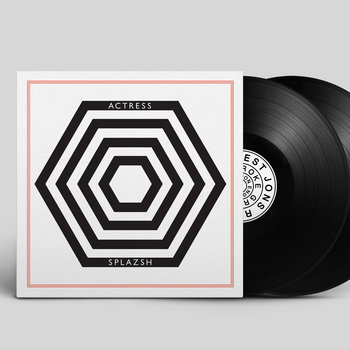
Hazyville was a sleeper classic amongst the heads, but it was Splaszh that brought Cunningham widespread critical acclaim. If Hazyville was confident, then Splazsh is explosively bold. It splatters ideas and influences—from Prince to kosmische music, and passing through everything in between—across the canvas, with little regard for convention. Each track feels like a self-contained experiment: a techno track that intermittently drops out the distorted kick in favor of chirping synths, an electro track with the drum machine turned down to a whisper, a two-minute dial-up tone entitled “Supreme Cunnilingus.” Yet in spite of (or because of?) the apparent chaos, there’s a stunning coherence: This is a record that submerges you in its own world.
R.I.P.
2 x Vinyl LP
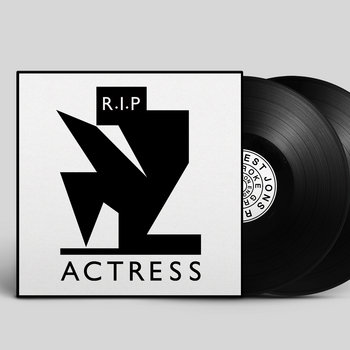
As Actress, Cunningham is primarily concerned with the cycle of decay and reinvention in his own music. “You tend to find when you’re creating music—if you do it the same way that I do anyway—that once the sound starts to decay and fall away, that’s when the music starts to change. So you have to evolve, like, a whole new sound again.” R.I.P. was the first clear sign of this, a heady concept record informed by Milton’s Paradise Lost, on which Cunningham drifted away from anything resembling ‘club music,’ integrating harps, swooning strings and even gamelan. Listening with the benefit of hindsight, it feels like Splaszh’s more studious cousin, the same scattershot creativity deployed to more contemplative effect. “I can’t explain how I made those tracks, it’s just impossible,” Cunningham wrote in the press release at the time. “I have a hard time comprehending it myself sometimes.”
Ghettoville

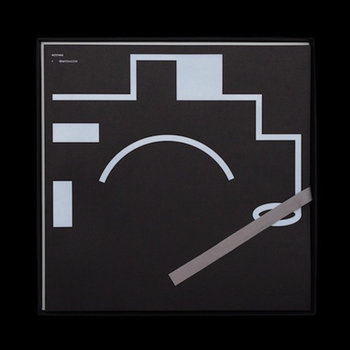
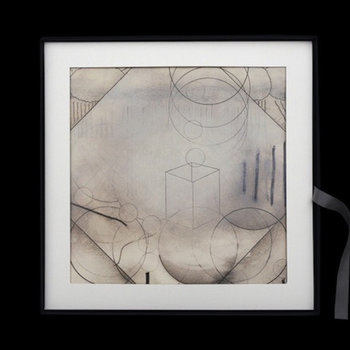

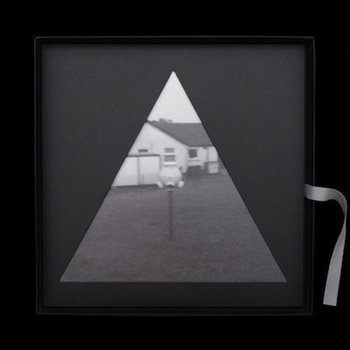
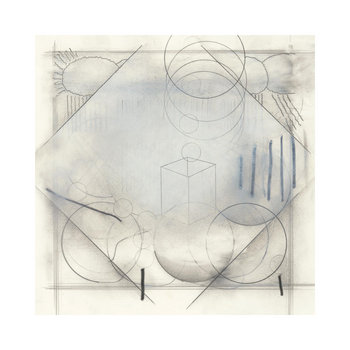
Vinyl Box Set, Vinyl LP, Compact Disc (CD)




If R.I.P. was a moment of contemplation, Ghettoville is a full-blown existential crisis. On his fourth record, Cunningham plunged Actress into the abyss. At the time, “my palette was changing, a lot of the sounds I’d used, I was making them obsolete basically,” he remembers. “I spent a lot of time just designing methods of working and things like this, and often not making any music at all.” The result is the most relentlessly murky of his records to date, a 16-track epic that was accompanied by a grim press release. Every sound feels blunted, brutalized, battered out of any recognizable shape. Even the album’s lightest moment, “Rap,” where an R&B refrain is given the DJ Screw treatment, sounds plaintive and desperate rather than warm and inviting.
AZD
Compact Disc (CD), Vinyl LP


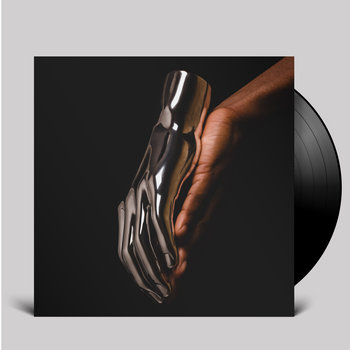
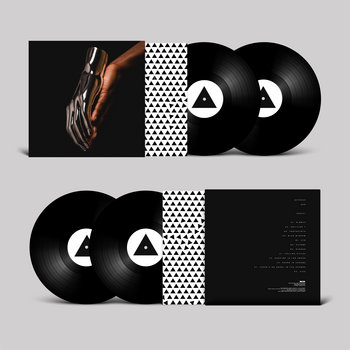
After Ghettoville, it wasn’t even clear if Cunningham was ever going to release another record as Actress. That when it did come, it would be as playful as AZD (pronounced “AZID,” an anagram of his nickname, Daz) probably shouldn’t have been such a surprise. From the cover art inwards, it’s a slick, chrome-plated science fiction soundtrack that maintains Cunningham’s commitment to finding the spaces in between genres. There are club-worthy moments reminiscent of Splaszh, but he also finds time to pay tribute to NYC visual artist and hip-hop innovator Rammellzee, and even riffs on one of his favorite pieces of classical music, Fauré’s Requiem.
LAGEOS
Compact Disc (CD), 2 x Vinyl LP
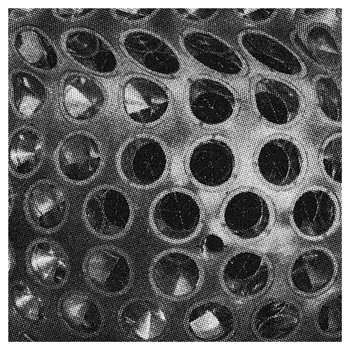
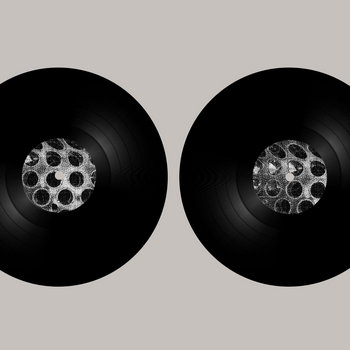
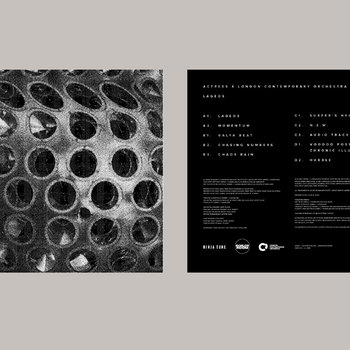
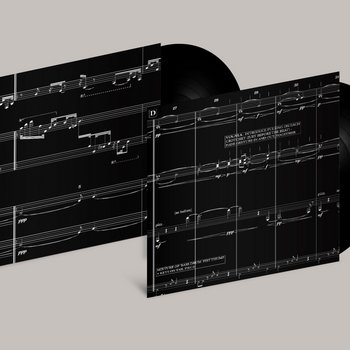
LAGEOS is that rarest of items, a true collaboration between a classical music ensemble and an electronic musician. Of course, the London Contemporary Orchestra isn’t exactly any classical ensemble, working as they do with found sounds and unconventional instrumentation, from plastic bags to scrap metal. But Cunningham isn’t exactly an electronic musician, either. Born out of his desire to make “classical stuff for the modern generation,” on LAGEOS the LCO reinterprets two classic Actress tracks (and his peerless remix of Panda Bear’s “Surfer’s Hymn”) and collaborate directly with him on seven new compositions, exploring texture, timbre, and tone. That they find plenty of common ground to work with elevates this collaboration beyond a mere vanity project, and into something far knottier.

